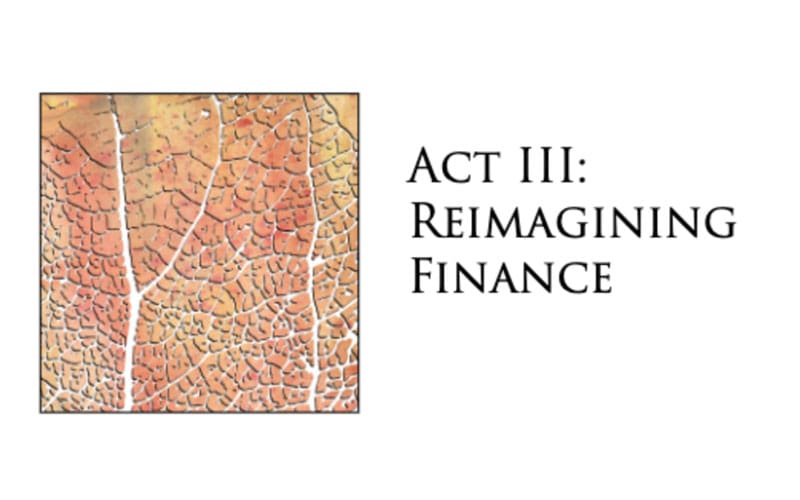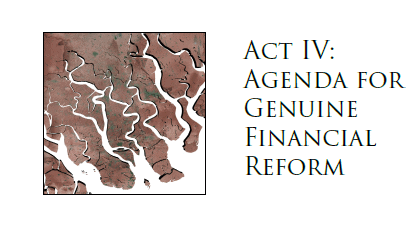reports from barcelona- whilst editing emotional intel on EU knowledgeboard.com at start of 2000s I was privileged to visit barcelona then knowl3edge city of the year - friends there have been constant inspiration since no surprise that iit is becoming one of the great community building dao labs - some typical reports
1 https://blog.toucan.earth/building-regenerative-carbon-markets-with-web3/
Our Founder James Farrell recently explored this exciting intersection at ETH Barcelona, introducing key features of the emerging regenerative finance movement, voluntary carbon markets and how they can come together to drive innovation.
Here we dive into:
- What is regenerative finance (ReFi)? 🌴
- Issues with the voluntary carbon market (VCM) 💫
- Web3 for regenerative carbon markets 🔑
- Toucan's vision 🦚
Enjoy! 🌞
1. What is ReFi? 🌴
Climate change is recognised as the most pressing global challenge of our time. The emergence of this crisis cannot be attributed to any one group or individual, arising instead from multiple systemic failures over time.
A key failure is the operation of our financial system.
This system currently works by seeking to drive everlasting economic growth, while contributing little value to the environmental and social resources needed to maintain the system. This results in a host of negative externalities, as these resources are freely exploited to drive economic growth. This includes the release of greenhouse gas emissions into the atmosphere, destruction of habitats and displacement of local economies.
Conversely, ReFi systems seek to redirect some of the financial value generated back into maintaining and regenerating the environmental and social resources upon which the system relies. This transforms the financial system from solely extracting economic value to being in service to growing, protecting and regenerating the value of a system.
“Regenerative finance refers to business practices that restore and build rather than exploit and destroy” - John Fullerton CT
https://capitalinstitute.org/course-introduction-regenerative-economics/
https://www.youtube.com/watch?v=hK46U9ICJrs
https://capitalinstitute.org/thought-pieces/



No comments:
Post a Comment